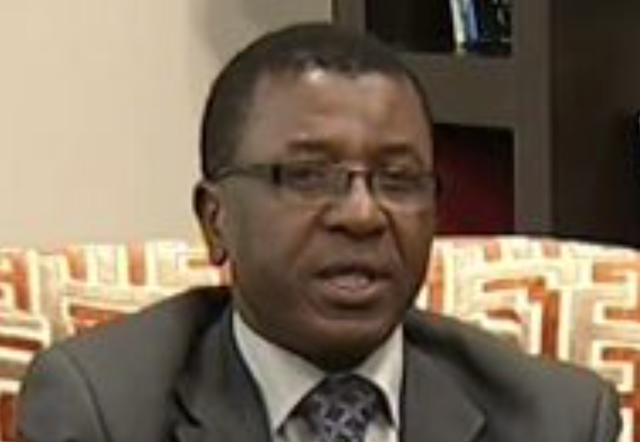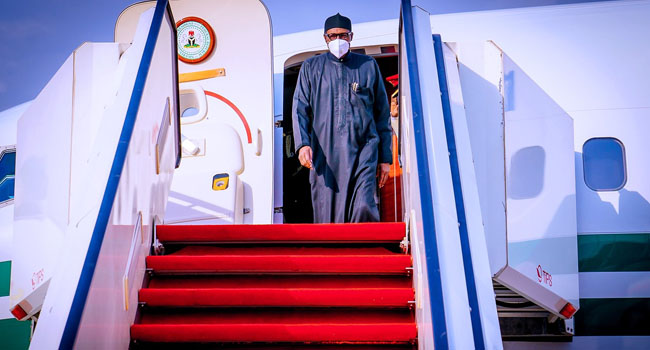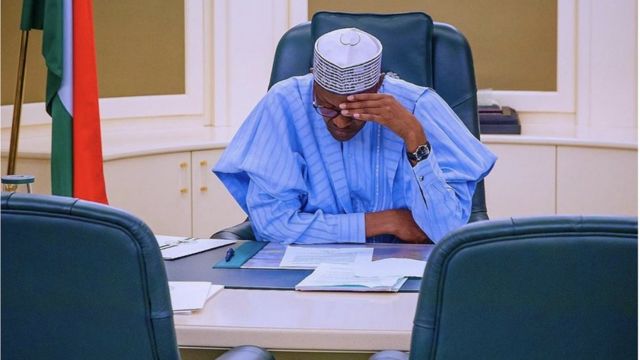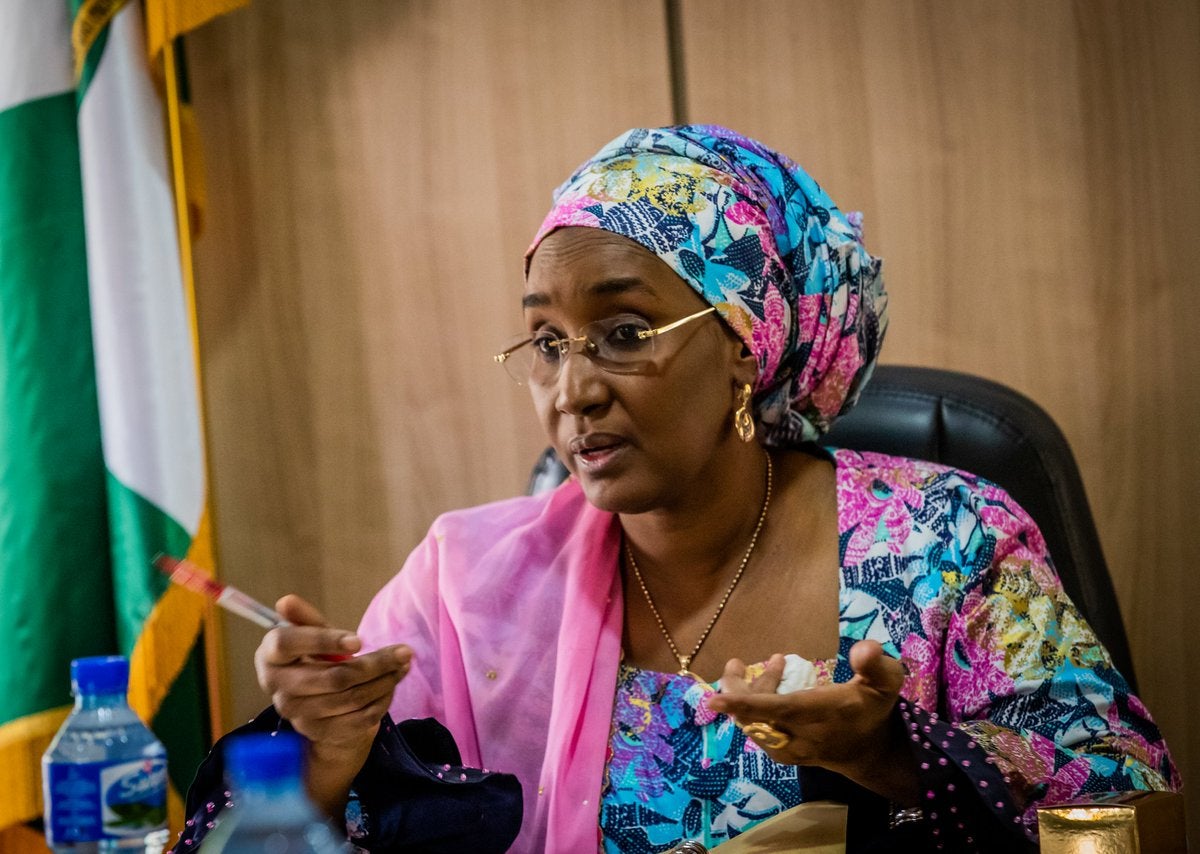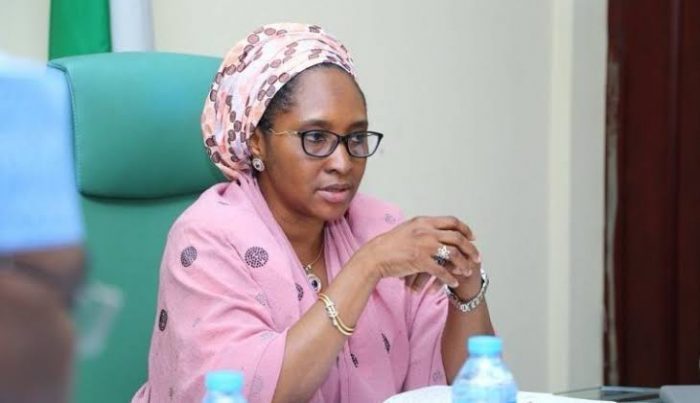Former President Olusegun Obasanjo has said that Nigerians have no business being poor with the country’s vast resources.
He said that the nation is abundantly blessed but is suffering from the mismanagement of its resources.
Obasanjo said this at a dinner organised in his honour by Abia Government on Friday at the Government House, Umuahia.
He said: “Nigerians have no business with poverty because God has given us all that we need.
“If we are mismanaging what God has given us, we do not have God to blame, we have ourselves to blame.”
The former president praised the efforts of Gov. Alex Otti of Abia in transforming the state, noting the wide public acclaim of his administration’s performance.
He affirmed the governor’s impact on governance in the state and urged him to continue to do well.
Obasanjo added that if Nigeria had 18 governors doing well in their responsibilities as leaders, “we will build the country up”.
He reiterated his concern in the well-being of Nigerians and the quality of governance they receive.
“For me, whether you don’t greet me or I greet you and you don’t answer, what is important to me is that the people of this country are getting what they deserve and what they deserve is good governance,” he said.
Obasanjo recalled an earlier advisory he gave former Minister of Transport, Mr Rotimi Amaechi, during his tenure in office.
He said that Amaechi was not aware of a pre-existing national railway development plan and had to be directed to the archives to find it.
“I believe that even if you don’t like me, if I have pieces of advice to give you, as I did when you were Minister for Transport, I will give the advice.
“You didn’t know that we had a national plan for railway for this country, to reach every state capital as we have them now and I told you to go into the archives, it is there.
“But again, I believe as Minister of Transport, you got a bit of it right, you got a bit of it wrong.”
In his speech, the governor acknowledged the support he received from the former president.
He said that the importance of vision and perseverance in leadership could never be overlooked, recounting the challenges he faced over his decade-long political journey.
“Once you have vision, you have to keep to it. It took us ten years to get here, the two elections we contested from 2015 to 2019, we won clearly but they were all stolen.
“A lot of people had given up hope and said it wasn’t going to work, but I was sure that I heard clearly from God,” he said.
He said his administration had embarked on massive reforms in the education sector to improve access to quality education in Abia.
Also, Amaechi called on political actors in Abia to begin early preparations for the 2027 general elections.
According to him, the value of a good administration was often only realised after a less competent one takes over.
He pointed out that this had become the experience with many former leaders, but Obasanjo had continually stood out because of his visionary leadership style.
“In your case, no matter who becomes president, you have always stood out,” Amaechi said.
He described quality leadership as crucial for development and in order not to experience its absence, the people of Abia must support capable leaders like Otti in the next elections.
“APC and other parties are already mobilising, if we don’t prepare now, we may lose out completely.
“We must not only protect what we have but also ensure that we come back in 2028 to celebrate true democratic success,” he added.
In separate speeches, the lawmaker representing Isiala Ngwa North and South Federal Constituency, Chief Ginger Onwusibe and the acting National Secretary of Labour Party, Sen. Darlington Nwokocha, expressed delight in being part of Abia’s success story.
They thanked Obasanjo for his continued support for the Otti-led administration and commended the governor for the equitable developmental strides across all local government areas.

